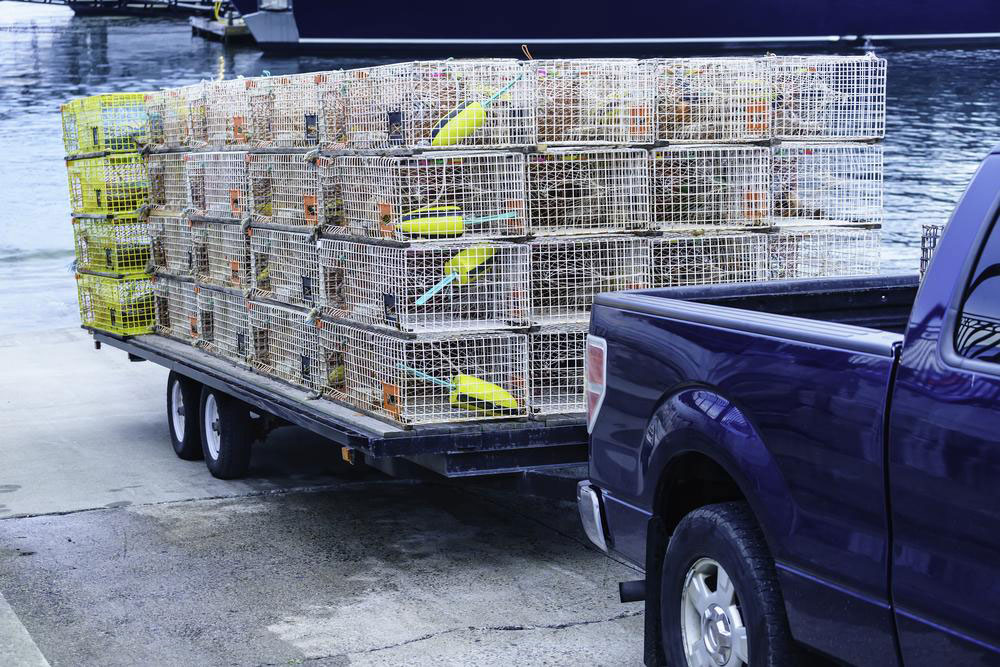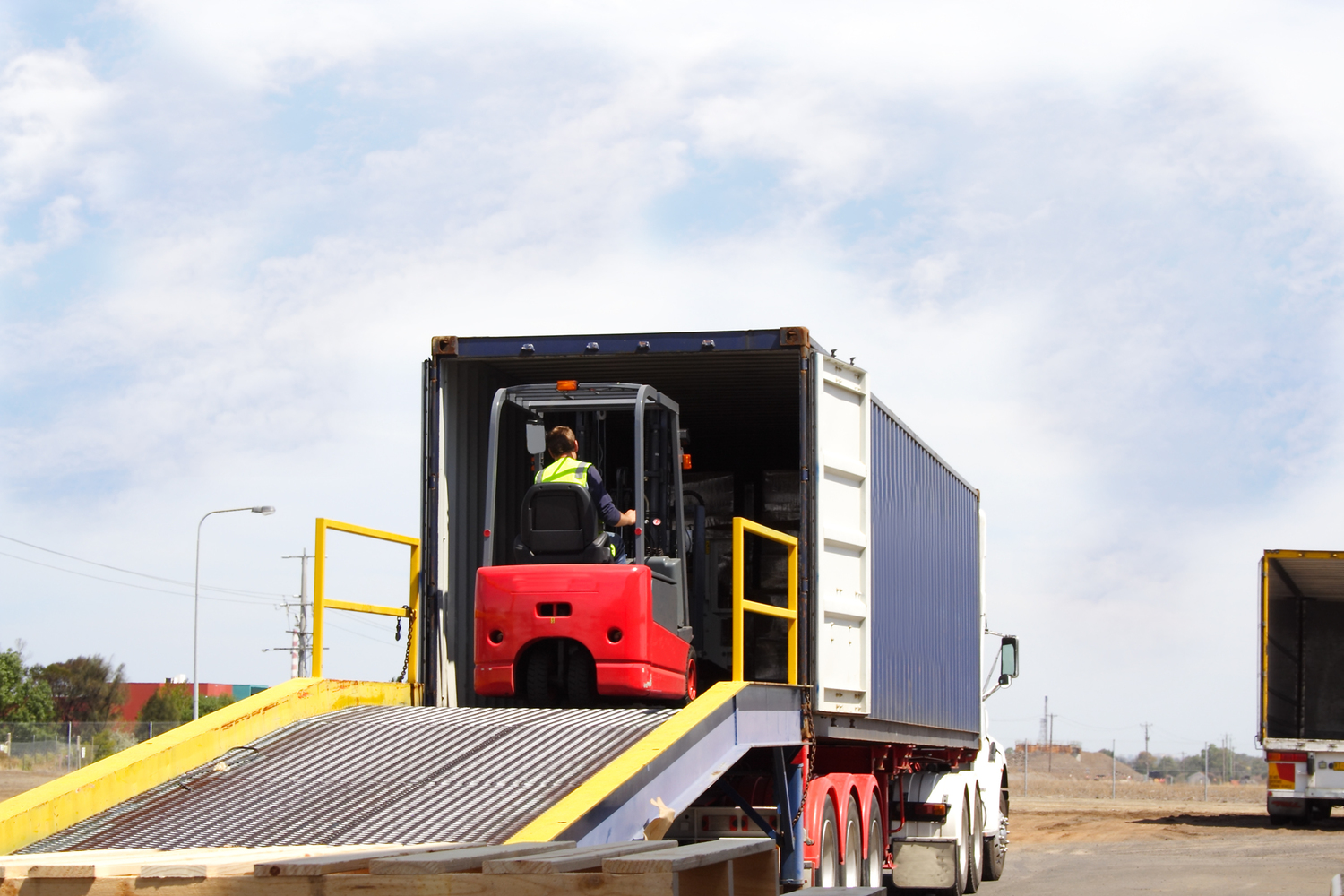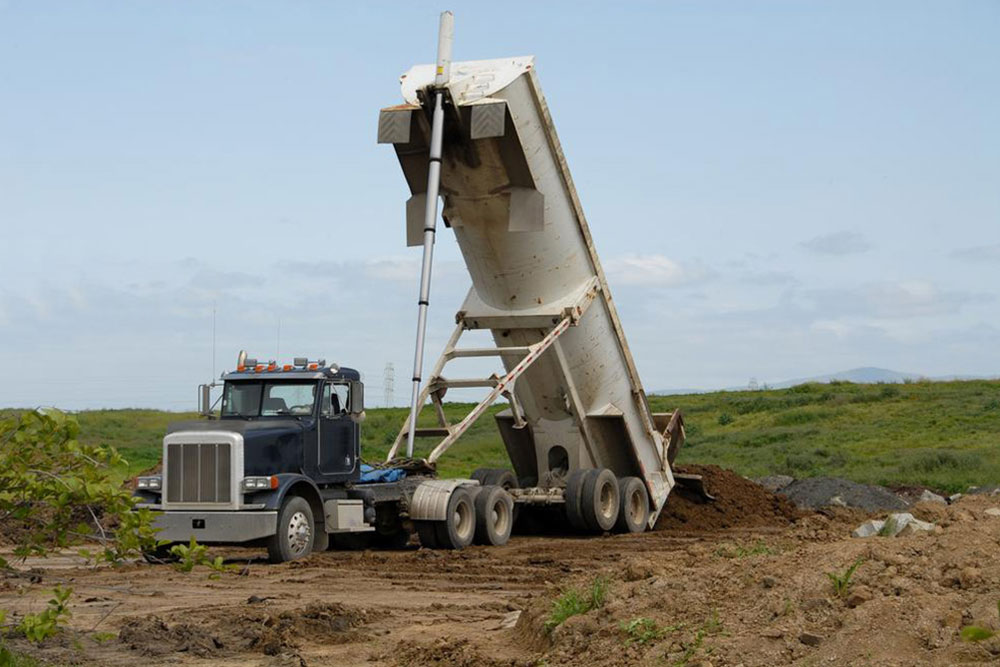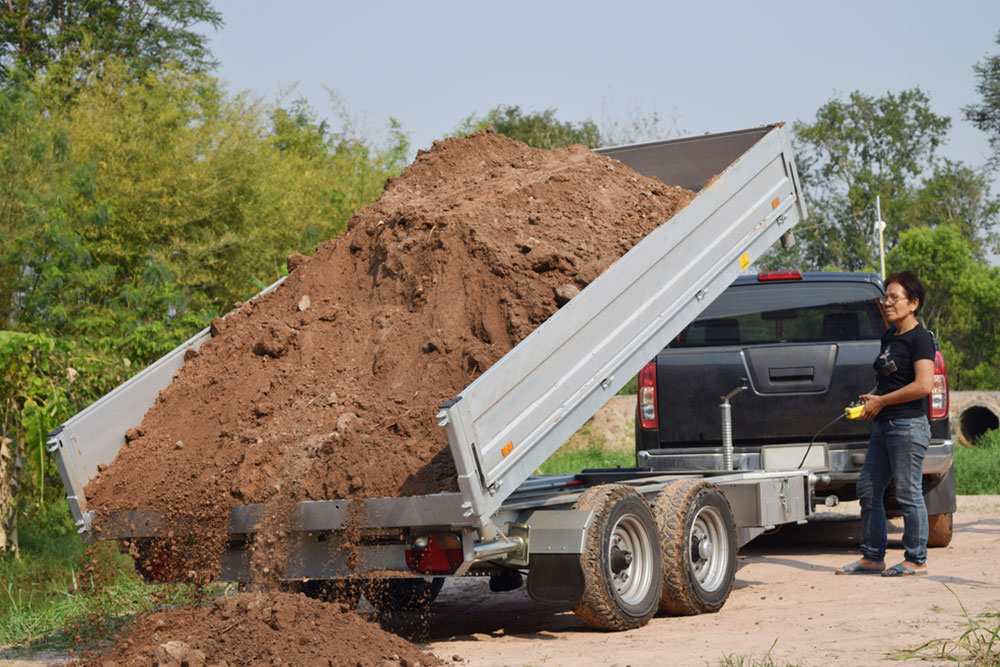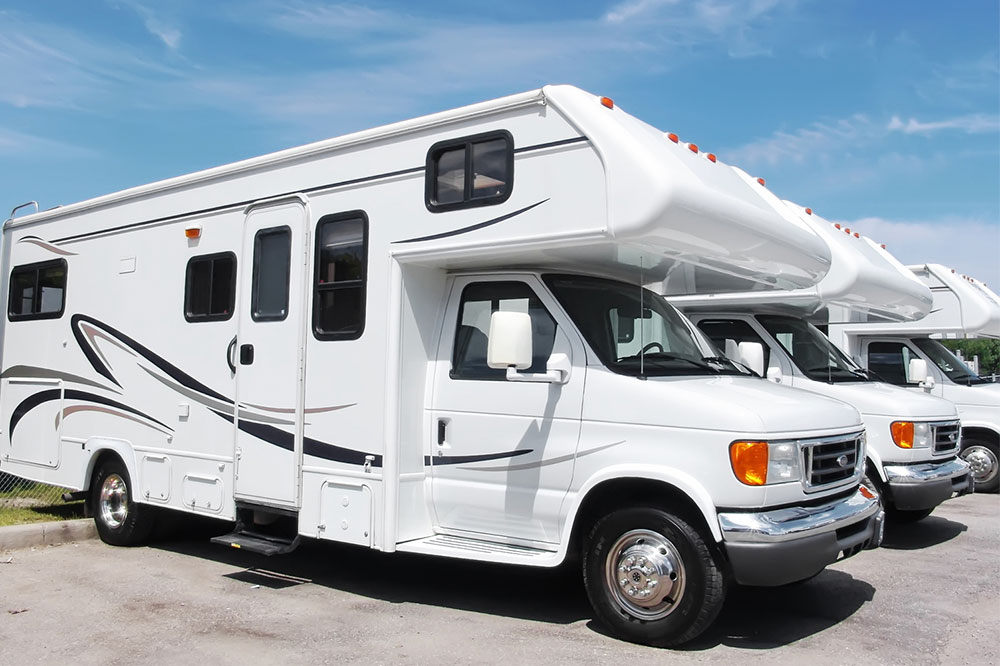Comprehensive Guide to Choosing the Ideal Dump Trailer for Your Construction and Industrial Projects
This comprehensive guide explores the key factors businesses must consider when selecting the ideal dump trailer, emphasizing size, design, and safety features. It helps industries like construction and agriculture choose trailers that boost efficiency, safety, and cost-effectiveness, ensuring long-term operational success.
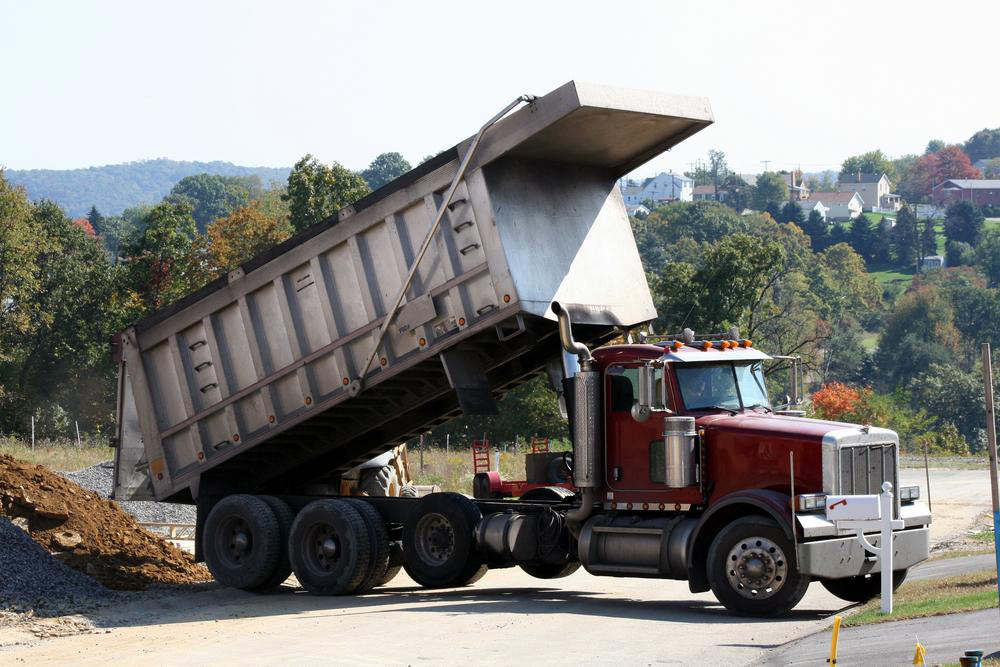
Comprehensive Guide to Choosing the Ideal Dump Trailer for Your Construction and Industrial Projects
Dump trailers are vital equipment in various industries, including construction, agriculture, and industrial waste management. Their versatility and efficiency make them indispensable for transporting loose materials like dirt, gravel, debris, and other bulk items. Selecting the right dump trailer can significantly impact your operational efficiency, safety, and bottom line. This detailed guide explores the key factors you should consider when choosing a dump trailer, helping you make informed decisions tailored to your specific needs.
What is the Primary Function of a Dump Trailer?
Dump trailers are specially designed to work in tandem with pickup trucks or other vehicles to facilitate the transportation and unloading of loose materials. They are equipped with a hydraulic tilt mechanism that allows the trailer bed to elevate and tilt, enabling a smooth and controlled unloading process. Typically attached via a hitch or gooseneck connection, dump trailers are used for managing construction debris, landscaping materials, agricultural products, or industrial waste. Their ability to quickly and efficiently unload materials without manual labor saves both time and labor costs, making them highly effective tools in diverse operational settings.
One of their remarkable features is their detachability, which allows them to be moved independently of the towing vehicle, providing flexibility on-site. This means you can position the trailer precisely where you need it for loading or unloading, enhancing productivity. Furthermore, many dump trailers are designed to replace larger, more cumbersome equipment like dumpsters or small dump trucks, offering a portable, cost-effective alternative.
Understanding the core functions and advantages of dump trailers sets the foundation for choosing the most suitable model for your business.
Essential Factors to Consider When Selecting a Dump Trailer
1. Size and Load Capacity: The size of the dump trailer directly impacts how much material it can hold and transport in a single trip. It is vital to select a trailer that matches the typical volume and weight of your materials. Trailers come in various sizes, ranging from small 5-foot models suitable for yard work to large 14-foot units capable of hauling significant loads.
Choosing an appropriately sized trailer not only ensures efficiency but also safety. A trailer that is too small may require multiple trips, increasing fuel consumption and time, whereas an oversized trailer could exceed the towing vehicle's capacity, leading to safety hazards and increased wear on your vehicle. Always verify your vehicle's towing capacity and select a trailer that stays within those limits. Additionally, ensure the trailer's weight capacity aligns with your typical loads to prevent overloading, which can lead to mechanical failure or accidents.
Keep in mind that the trailer's payload capacity is different from its gross weight, which includes the trailer's own weight. Properly matching these figures is crucial for optimal performance.
2. Trailer Design and Style: The design and style of a dump trailer significantly influence its performance in specific environments and for particular tasks. Different models are optimized for different conditions and types of loads. Understanding these differences helps in selecting the most suitable trailer for your needs.
Straight Axle Trailers: These trailers typically sit 30-33 inches above ground, offering good clearance for rugged terrain and obstacles. They are durable and tend to be more stable when hauling heavy loads over uneven surfaces, making them ideal for construction sites, rough terrains, and landscaping tasks.
Drop Axle Trailers (Low-Rider Models): With a lower profile, these trailers are suitable for hauling large, wheeled equipment or materials that require lower clearance. They are less suited for rough terrain but excel in smooth, paved environments where a lower center of gravity reduces tipping risk.
Other Styles and Configurations: Consider deck-over models, where the deck sits over the wheels, providing wider loading capacity and easier access. Gooseneck trailers attach via a ball-and-pin connection over the truck bed, offering enhanced stability for heavy loads and improved maneuverability. Each style has its advantages, and selecting the right one depends on your specific workload, terrain, and vehicle compatibility.
Exploring different design options ensures you find a dump trailer tailored to your operational needs, maximizing efficiency and safety.
In addition to size and design, other critical factors include material durability, hydraulic system quality, and safety features such as breakaway systems and lighting. Conduct thorough research and consult with industry professionals to make a well-informed purchase that benefits your daily operations. Properly selecting a dump trailer not only enhances productivity but also improves safety and reduces maintenance costs over time.
In conclusion, choosing the right dump trailer involves understanding your specific operational requirements, vehicle capabilities, and the environment in which it will be used. By focusing on size, style, and essential features, you can select a model that will serve your business efficiently for years to come.
